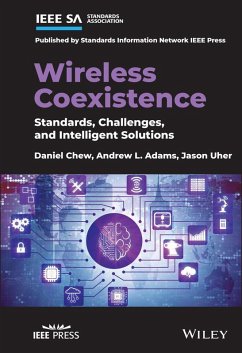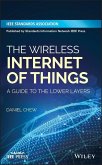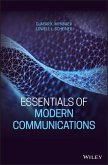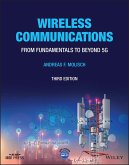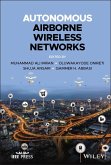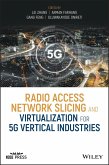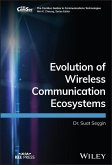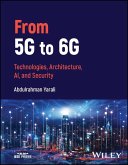Wireless Coexistence Explore a comprehensive review of the motivation for wireless coexistence and the standards and technology used to achieve it Wireless Coexistence: Standards, Challenges, and Intelligent Solutions delivers a thorough exploration of wireless ecosystems sharing the spectrum, including the multiple standards and key requirements driving the current state of wireless technology. The book surveys several standards, including IEEE 802.22, 802.15.2, and 802.19.1 and expands upon recent advances in machine learning and artificial intelligence to demonstrate how these technologies might be used to meet or exceed the challenges of wireless coexistence. The text discusses cognitive radio in the context of spectrum coexistence and provides a comparison and assessment of using artificial intelligence in place of, or in addition to, current techniques. It also considers applications to communication theory, learning algorithms for passive wireless coexistence strategies, spectrum situational awareness, and active wireless coexistence strategies. With the necessity of spectrum sharing and the scarcity of unused spectrum on the rise, the standardization of wireless coexistence becomes more important with each passing day. Readers will learn about the challenges posed by shrinking wireless real estate and from the inclusion of topics like: * A thorough introduction to the concept of, and motivation for, wireless coexistence, including congestion and interference, policies, and regulations * An exploration of different wireless coexistence standards, including the need for standardization and various protocols, including 802.22, 802.15.2, 802.19.1, P1900, and 3GPP Release 13/14 LAA * A discussion of the applications of communication theory, including primary user strategies, primary multi-user protocols, and successive interference cancellation * A treatment of concepts in learning algorithms Perfect for scientists, researchers, engineers, developers, educators, and administrators working in the area of wireless networks, Wireless Coexistence: Standards, Challenges, and Intelligent Solutions will also earn a place in the libraries of graduate students studying wireless networks and seeking a one-stop reference for subjects related to wireless coexistence standards.
Dieser Download kann aus rechtlichen Gründen nur mit Rechnungsadresse in A, B, BG, CY, CZ, D, DK, EW, E, FIN, F, GR, HR, H, IRL, I, LT, L, LR, M, NL, PL, P, R, S, SLO, SK ausgeliefert werden.

